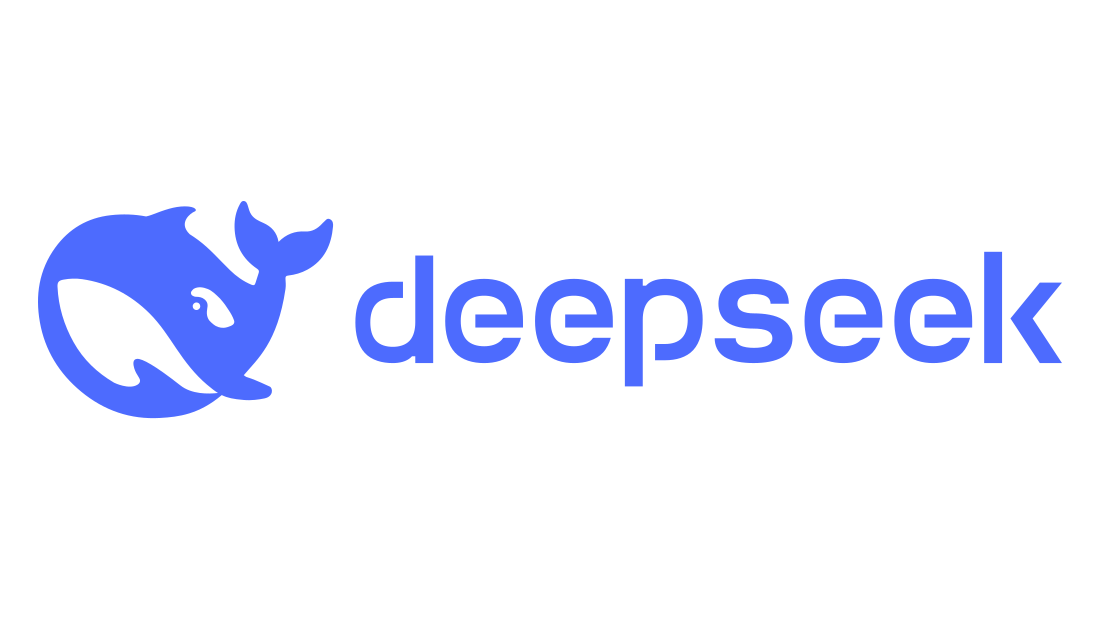Pakistan’s pharmaceutical sector is increasingly adopting AI and advanced technologies to improve drug development and patient care. Industry leaders, including Haroon Qasim, note AI’s growing influence from molecule screening and drug safety monitoring to telemedicine and e-commerce platforms.
Companies now use AI to predict disease trends, assist doctors with instant medical information, and detect adverse drug reactions more rapidly. Startups and established firms alike are integrating AI into research, supply chain management, customer service, and regulatory processes.
Innovations such as machine learning for anomaly detection, IoT systems for automated production, and predictive analytics for logistics are reshaping the sector. in Pakistan Haroon Qasim highlighted these changes as vital steps toward building a smarter and healthier society.
Martin Dow Group further demonstrated its commitment to AI by hosting its first Tech Day, uniting global tech leaders to explore future collaborations. The company launched initiatives with SAP and Salesforce partners, signalling a deeper move into data-driven healthcare.
Would you like to learn more about AI, tech and digital diplomacy? If so, ask our Diplo chatbot!









